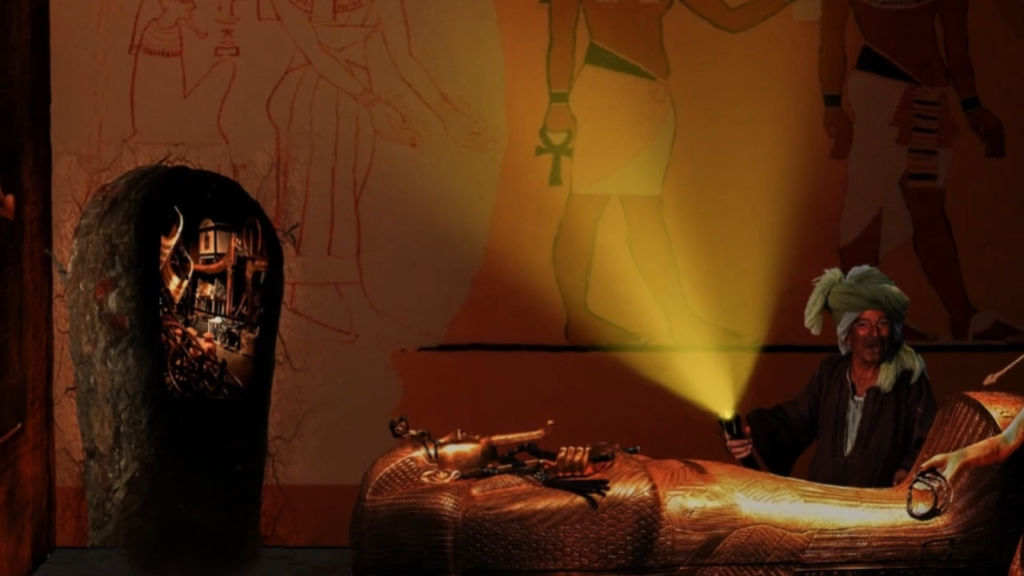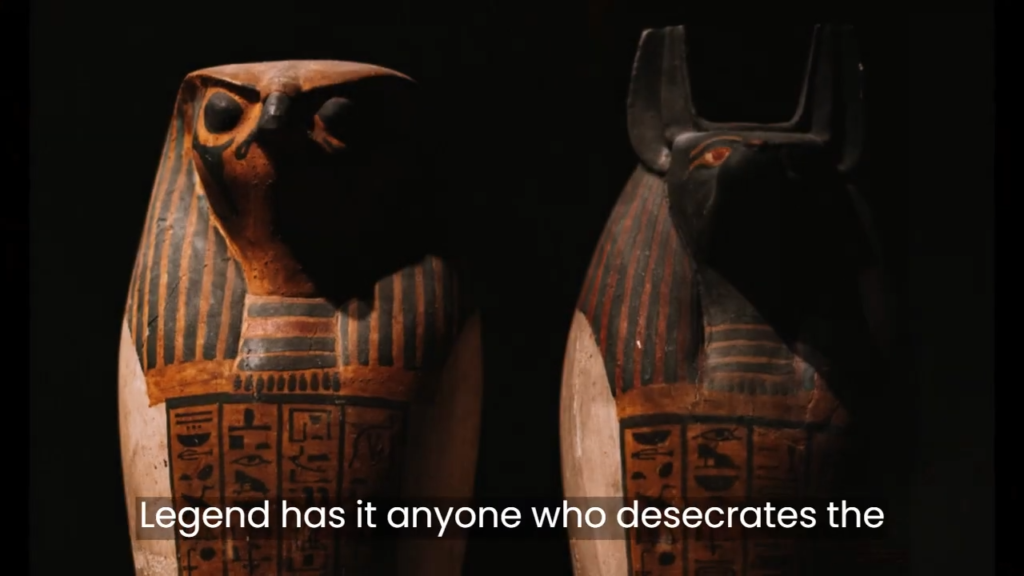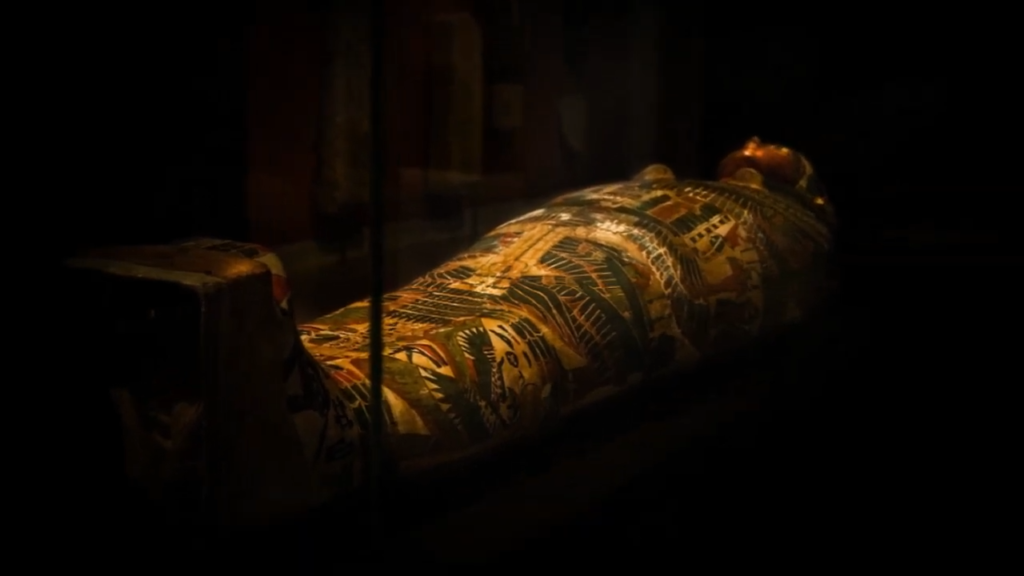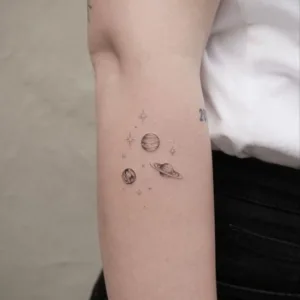Ancient Egypt, a realm steeped in wonders and mysteries, beckons us to embark on a thrilling journey back in time to unravel the enigmatic curse of the pharaohs. As your guide, we’ll delve into the secrets that have fascinated historians, archaeologists, and adventurers for centuries.

To comprehend the curse, we must first explore the ancient beliefs surrounding the afterlife. Egyptians revered pharaohs as divine rulers destined for eternal existence beyond death. They held that any desecration of their tombs would unleash a potent curse upon trespassers.
Legend has it that those who disturb the pharaoh’s resting place face misfortune, illness, or even death. But is it mere folklore, or is there substance to this captivating tale?

The curse of the pharaohs presents a compelling phenomenon. While some dismiss it as superstition and psychological fear, inexplicable events have occurred post-excavation of certain Egyptian tombs.
Ancient Egyptians deeply revered their pharaohs, and curses were intended to safeguard their sacred resting places from thieves and disrespect.

The infamous case of King Tutankhamun’s tomb remains a focal point. After its discovery, several involved in its excavation met untimely demises.
Coincidence or curse? The debate persists. Skeptics attribute incidents to unfortunate events, but many find it hard to dismiss the curse theory.
Science offers plausible explanations. Mold spores and toxic substances like mercury used in mummification may have caused illness, leading to belief in the curse.

Today’s archaeologists take meticulous precautions, yet the allure and mystery of the pharaoh’s curse endure.
As our journey concludes, one fact remains: ancient Egypt guards myriad secrets. Whether the curse is real or myth, it reminds us that the past holds hidden depths. Stay curious, adventurers, and may your explorations yield wisdom, wonder, and tales to treasure.




